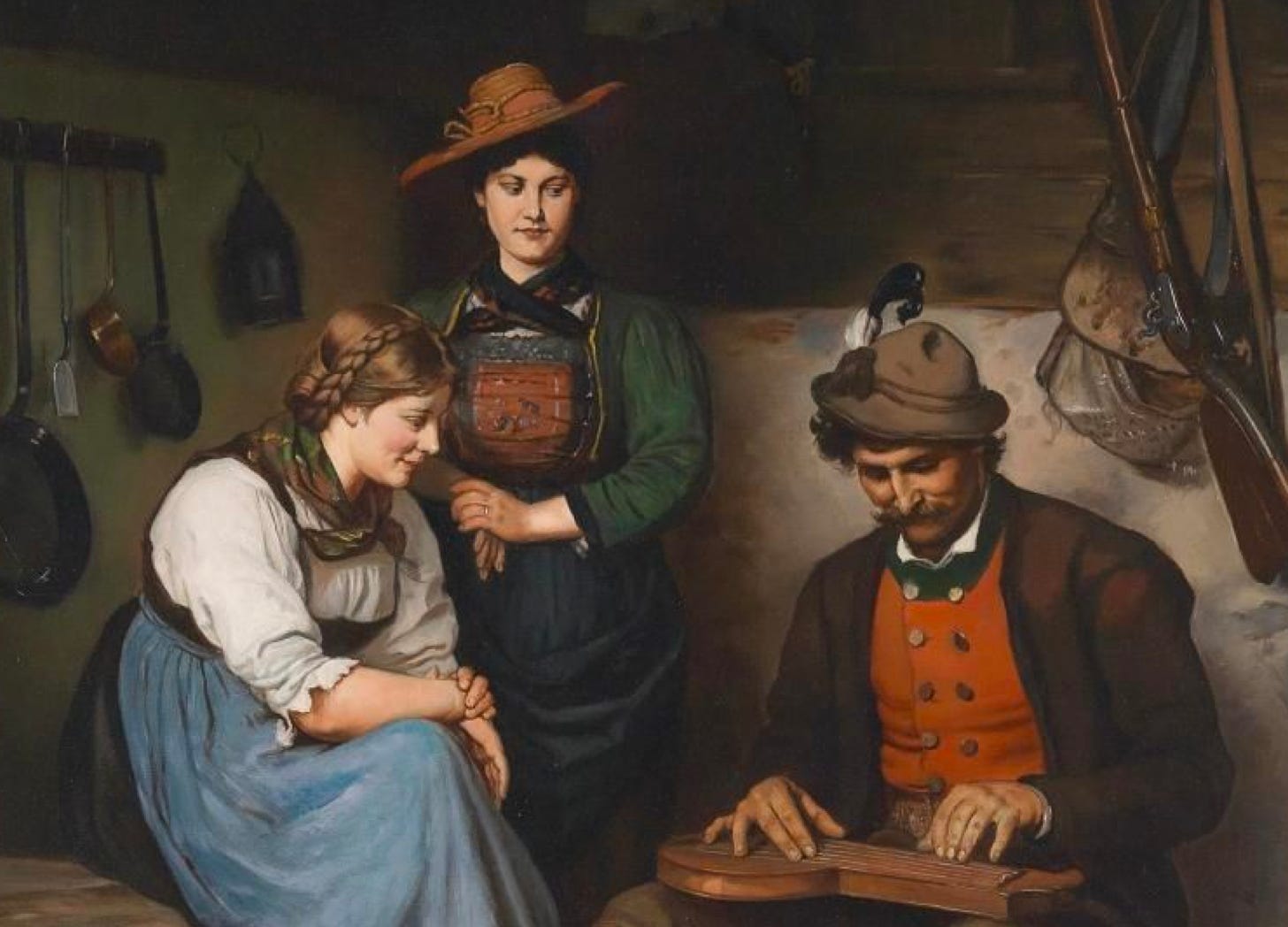A few days ago, I spent the last hour of the morning reading French. Then, with a head full of “hinkey dinkey parlez-vous,” a friend and I went to lunch at my local taquería.
The owner was kind enough to remind, en español, the taquera that I was a regular customer. (In other words, he asked her to ensure that my tacos al pastor were properly pastoral.) When, however, I tried to thank the aforesaid owner for his kindness, my Spanish failed me. While perfectly able to understand the language of Cervantes, I could not so much as say ¿Dónde está la biblioteca?
Something similar happened to me before, when the world was young, and I was walking about Paris. There, I encountered a Spanish woman who was trying, without success, to make sense of directions provided by a person speaking to her in French.
“You can help,” said I to me.
Alas, I could not. I pushed the brain-button marked “Spanish,” and all I got was zero, zip, and zilch. (That’s right. In the city of Proust, my memory lacked the decency to provide me with something as simple as a nada.)
People who study gray matter recently reported that polyglot folks use one part of the brains to make sense of things spoken in their mother tongues, and another to decode material in all other languages. If this is true, then my inability to cross the Pyrenees at will might be nothing more than a matter of capacity. That is, I cannot switch from French to Spanish because the block of neurons set aside for non-native languages is full.
This hypothesis also explains another experience.
Years ago, while flying to Icelandair, I found myself sitting next to a German farmer. Early in the flight, I had no trouble inflicting my Milwaukee Deutsch on the poor fellow. However, as we approached our destination, and the number of announcements made in Icelandic increased, I found it increasingly difficult to converse. In particular, when talking to a farmer who had performed his national service by working in a pre-school, I found myself confusing the Icelandic kind, which means “sheep,” with the German Kind, which means “child.”




